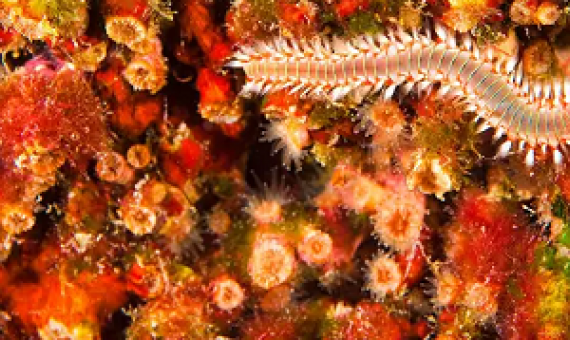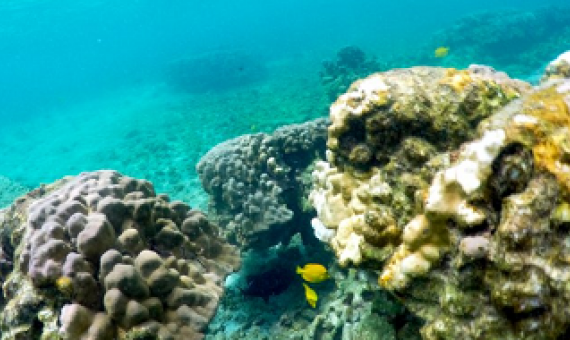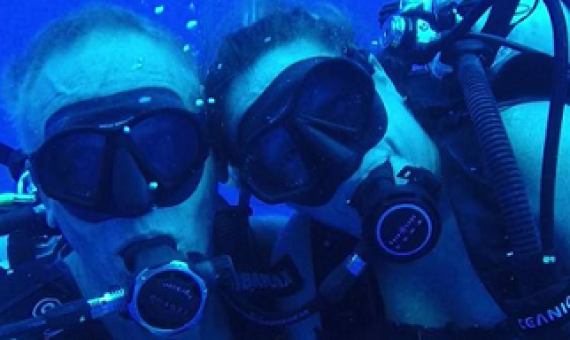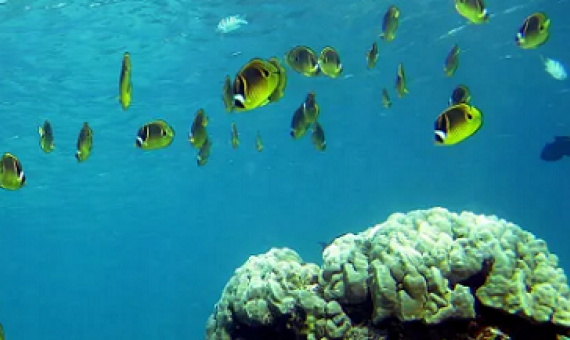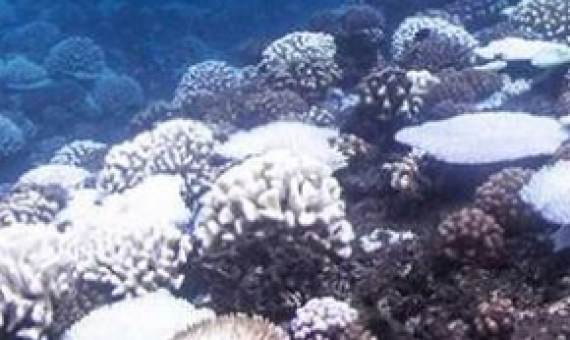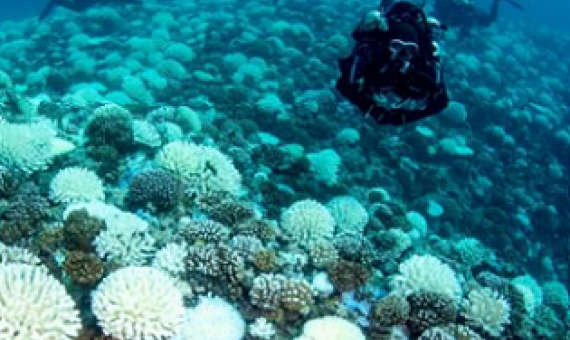Variable effects of local management on coral defenses against a thermally regulated bleaching pathogen
Bleaching and disease are decimating coral reefs especially when warming promotes bleaching pathogens, such as Vibrio coralliilyticus. We demonstrate that sterilized washes from three common corals suppress V. coralliilyticus but that this defense is compromised when assays are run at higher temperatures. For a coral within the ecologically critical genus Acropora, inhibition was 75 to 154% greater among colonies from coral-dominated marine protected areas versus adjacent fished areas that were macroalgae-dominated.
